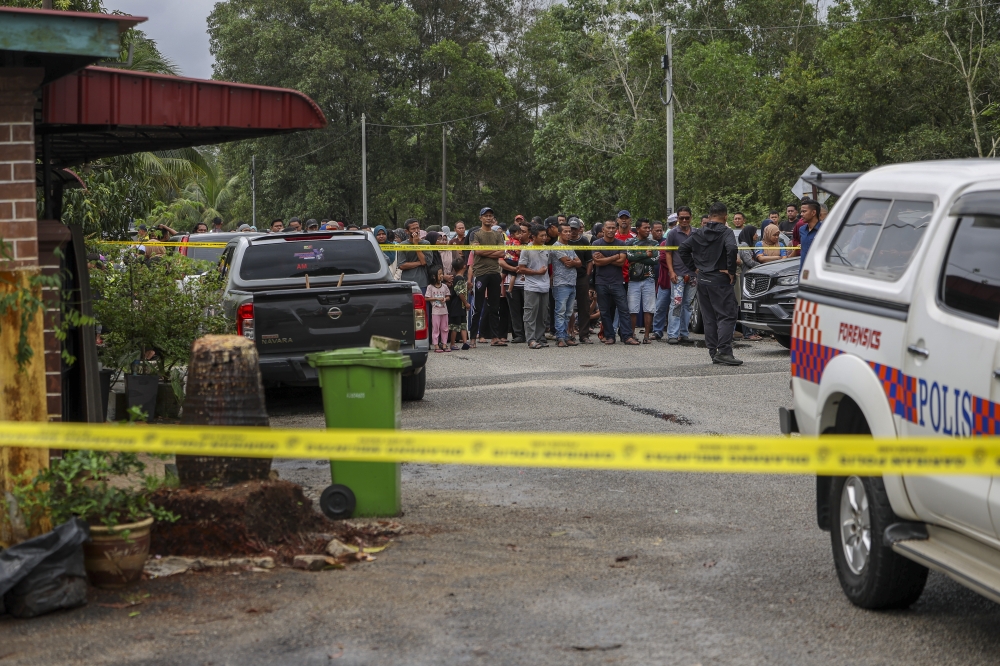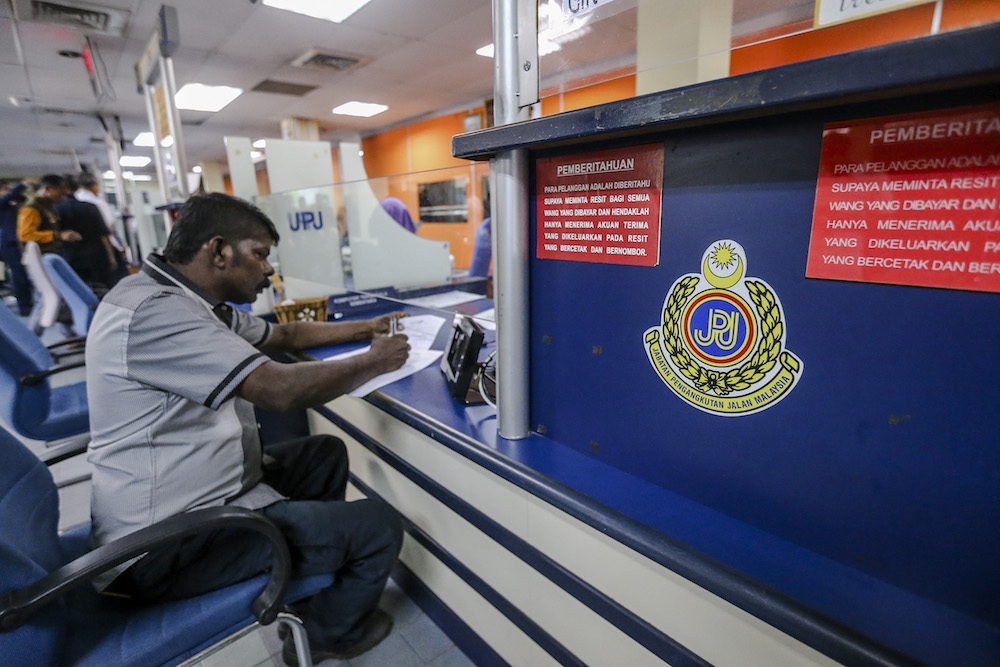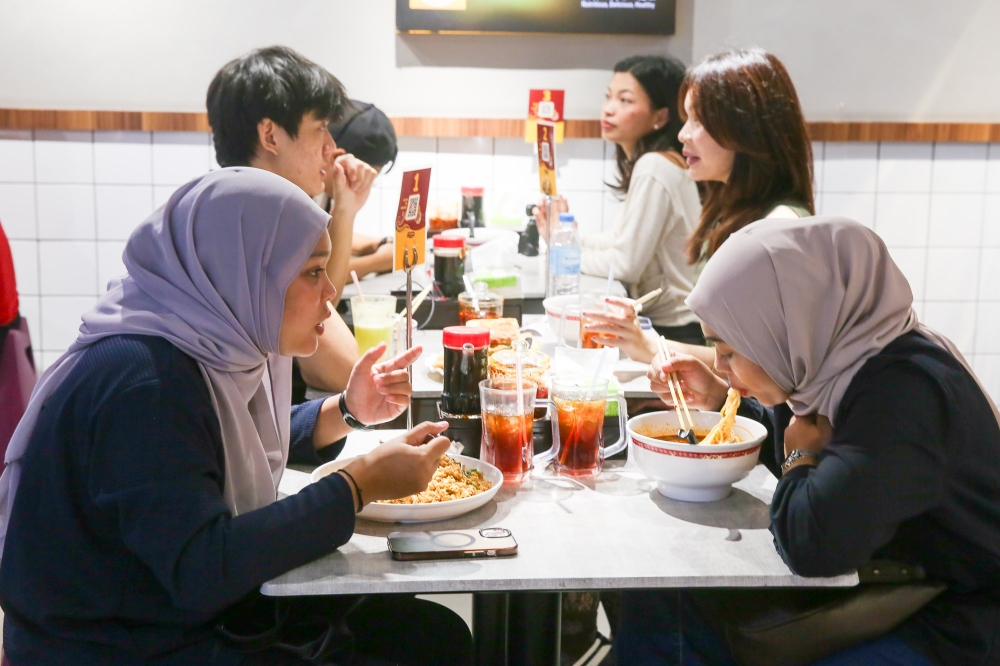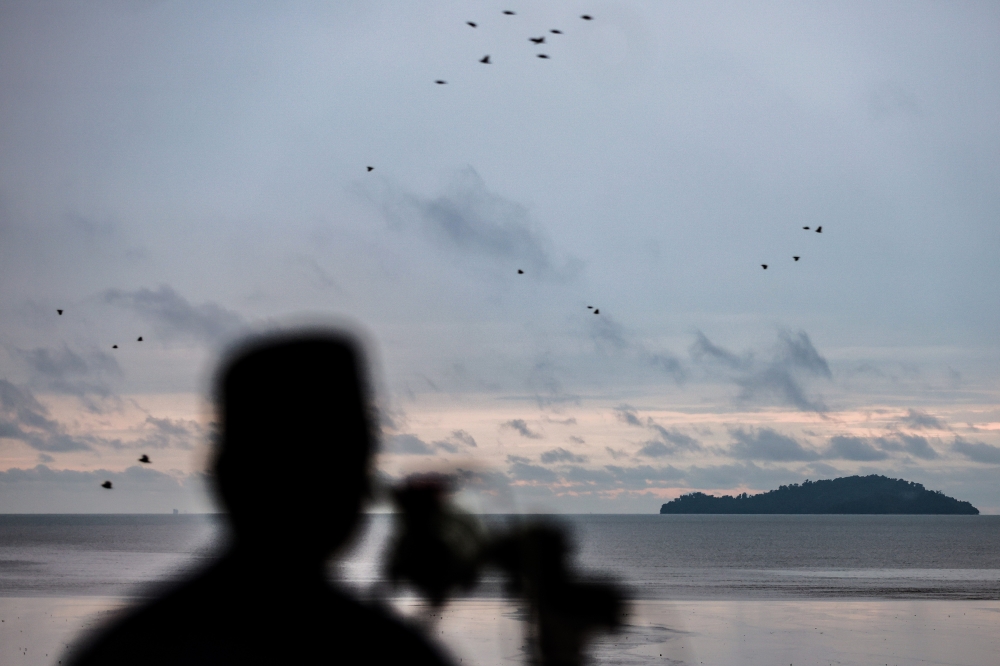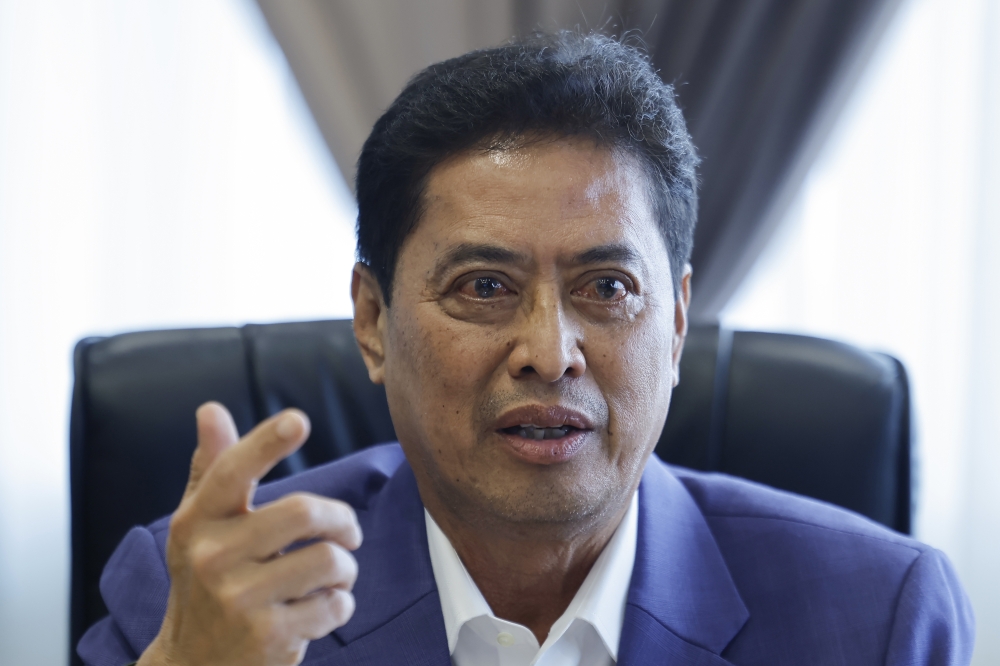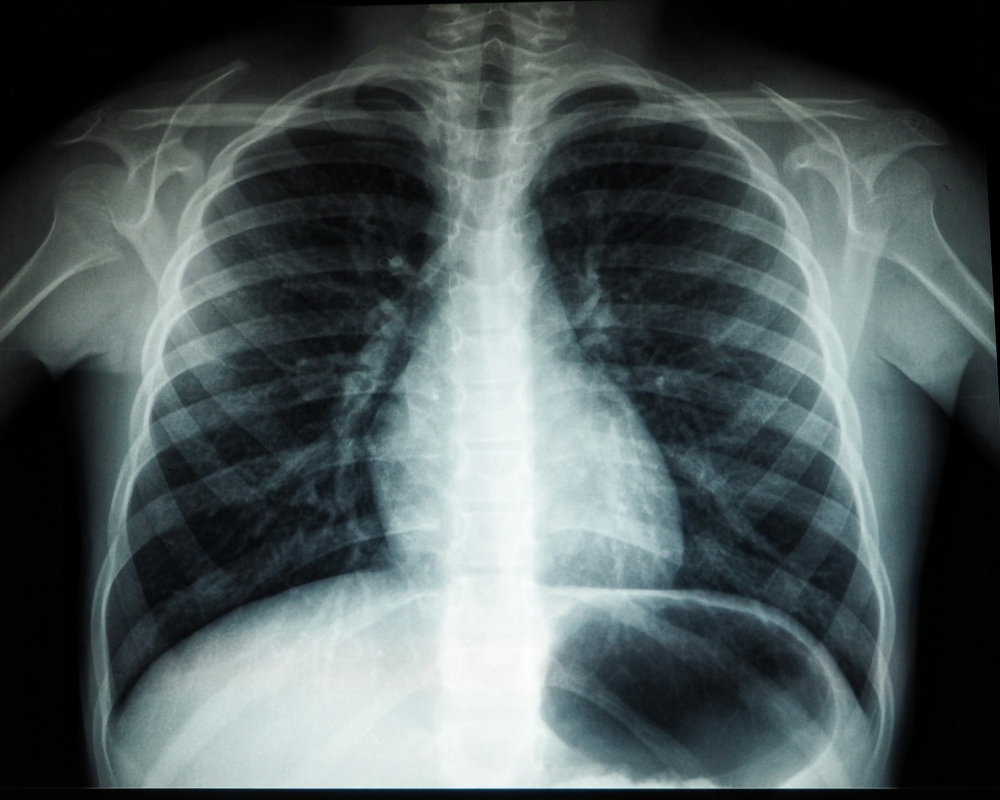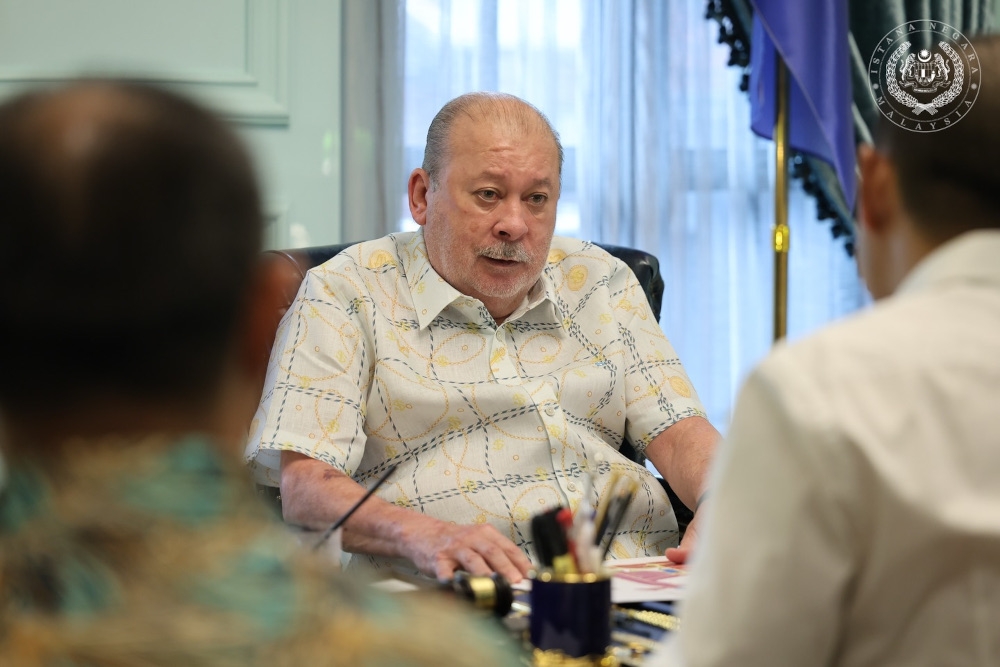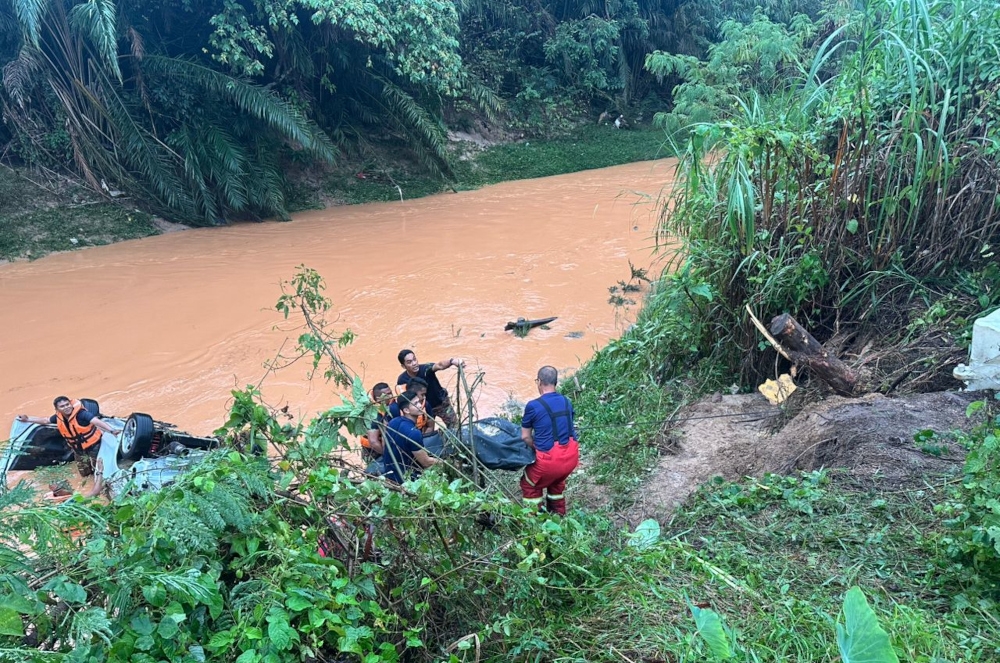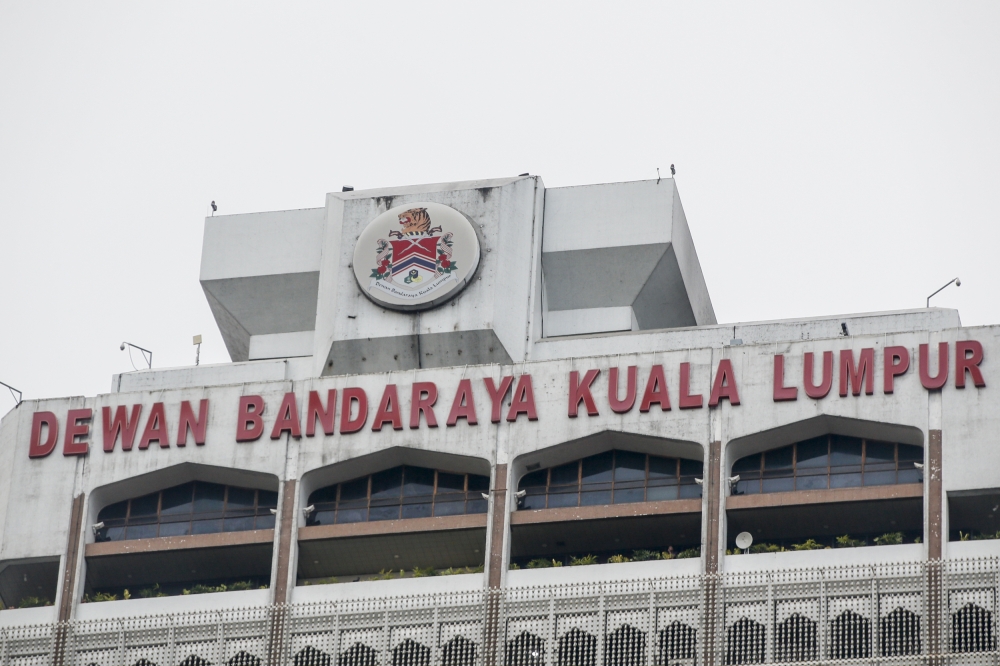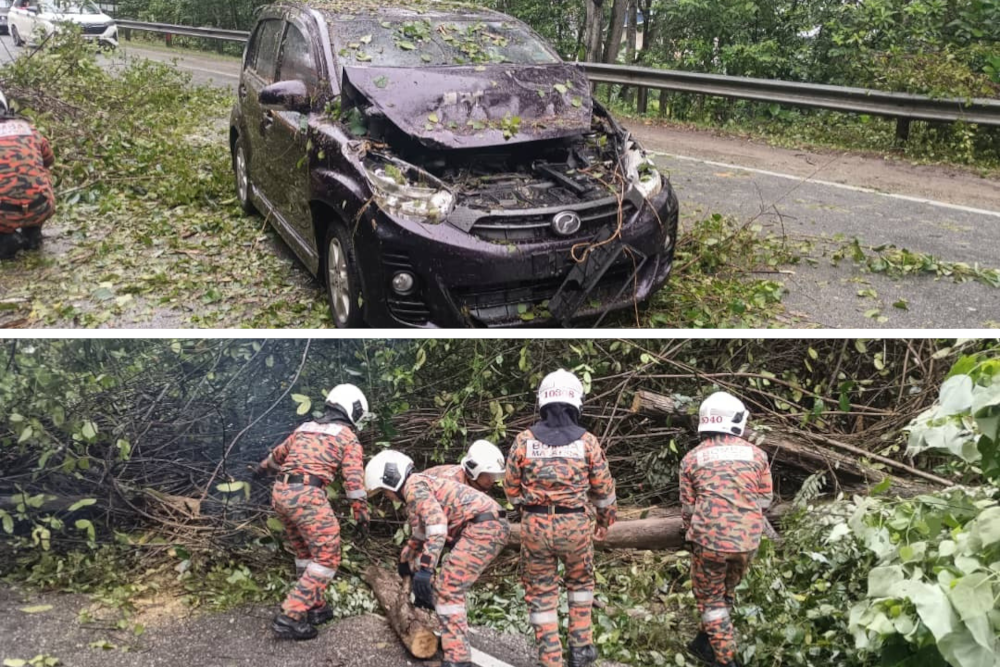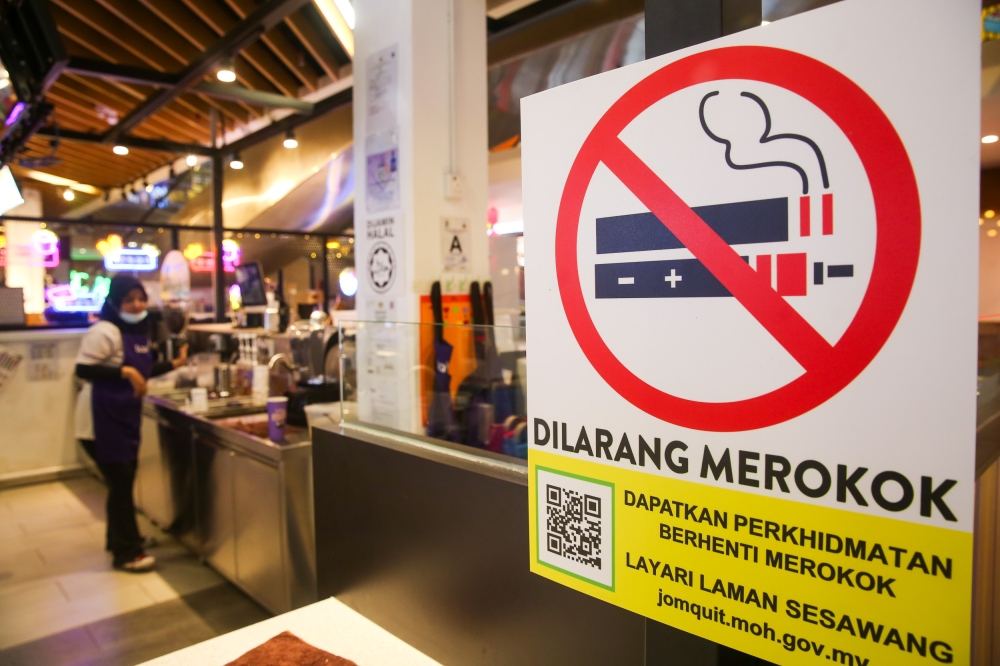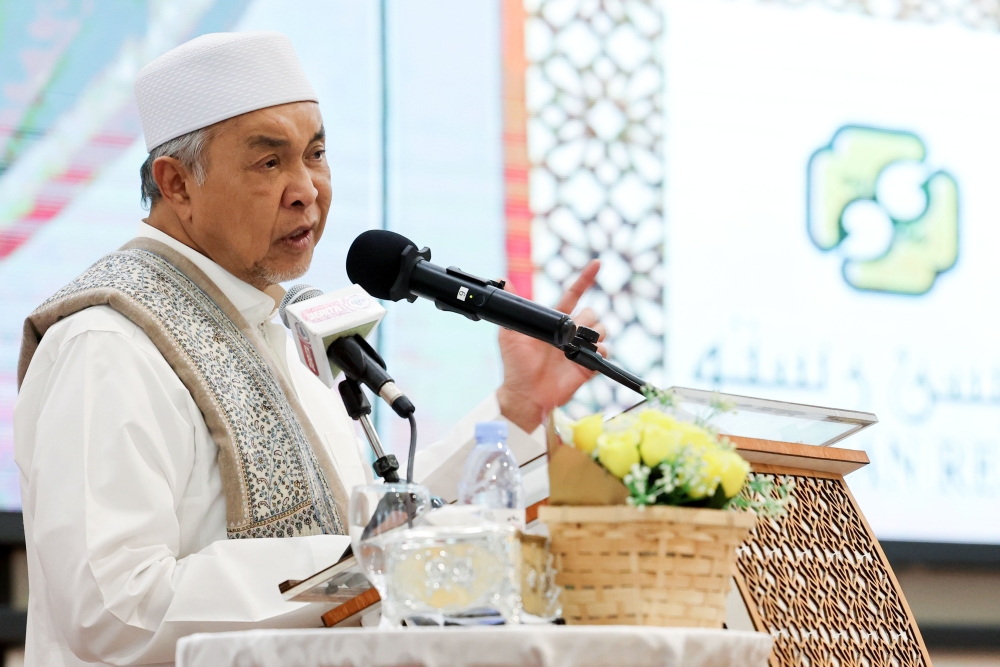KOTA KINABALU, Jan 31 — A total of 117 weekly flights from 15 cities in China, as well as Taiwan and Hong Kong, have been affected following the Sabah government’s decision to temporary suspend all scheduled and charter flights from China to the state, effective yesterday.
The 117 flights do not include an earlier suspension of 10 flights from Wuhan, comprising AirAsia (seven) and Malindo Air (three) flights, as well as seven flights from Shanghai via Spring Airlines, following the spread of the 2019 novel coronavirus.
According to Kota Kinabalu International Airport (KKIA) manager Sunif Naiman in a WhatsApp message to Bernama today, the 117 affected flights comprise AirAsia flights (53), China Southern Airlines (21), Malindo Air (17), Malaysia Airlines (nine), Xiamen Air (seven), Shanghai Airlines (seven) and Loong Air (three).
The 15 cities include Shenzhen, Shanghai, Guangzhou, Hangzhou, Fuzhou, Kunming, Chengdu, Tianjin, Wengzhou, Yiwu, Ningbo, Xian and Xiamen.
Meanwhile, according to Sabah Tourism Board statistics, Chinese tourists were the largest number of foreigners to visit the state last year, totalling 558,903 people. Last year, Sabah received 3.76 million visitors, comprising 2.44 million domestic tourists and 1.32 million foreign tourists.
Sabah Deputy Chief Minister Datuk Christina Liew said the government’s decision to suspend the flights was made with the interests and welfare of the people of Sabah in mind.
She said the suspension was temporary and flight operations were expected to resume when the situation returns to normal.
Yesterday, state health director Datuk Dr Christina Rundi had said that nine Chinese nationals in Sabah were still categorised as suspected coronavirus cases.
In Kuala Lumpur, Malaysian Association of Tour and Travel Agents (Matta) president Datuk Tan Kok Liang said he understands and respects the Sabah government’s decision to temporarily suspend the flights.
“The decision to suspend all flights routed to and from Sabah is a bold move by the state government and one that is designed to protect the people currently in Sabah including tourists.
“We hope that this will only be a temporary measure and that this ban will quickly be lifted, as soon as the situation subsides and that travel between Sabah and China will resume as normal,” he said.
According to Tan, Matta’s position throughout the crisis has been consistent, in that it has always given top priority to the health, safety and security of people, Malaysians and tourists alike. — Bernama

